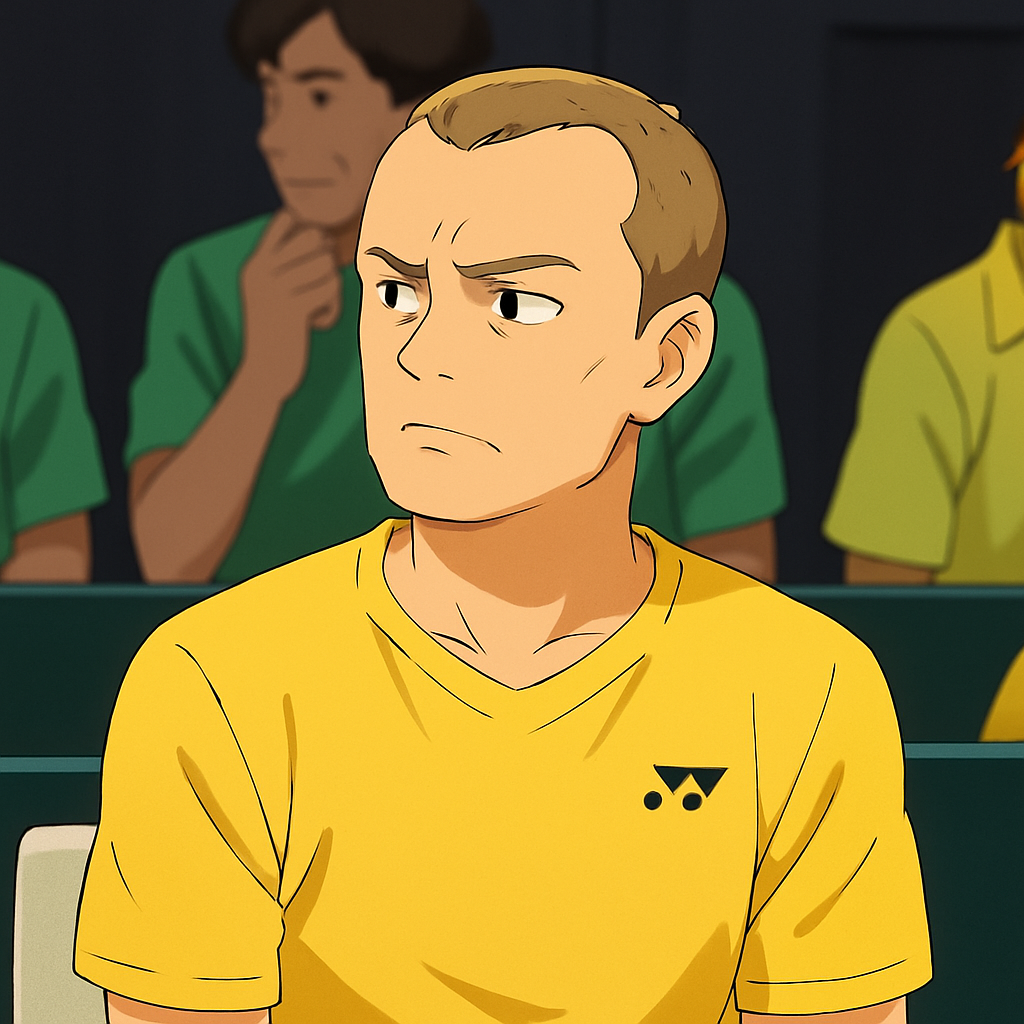MELBOURNE — Australian tennis legend and Davis Cup captain Lleyton Hewitt has been handed a two-week ban and a significant fine after an independent tribunal found him guilty of pushing a doping control official during a contentious incident at the 2023 ATP Tour event in Brisbane. The sanction, which also includes a suspended fine of $20,000, casts a shadow over the former world No. 1's current role and underscores the intense pressures surrounding anti-doping protocols in professional sport.
The incident, which occurred in the player area following a qualifying match, involved Hewitt allegedly becoming verbally aggressive before making physical contact with the official who was attempting to carry out a routine test. The International Tennis Integrity Agency (ITIA), which brought the charges, argued that Hewitt’s conduct constituted “aggravated behavior” as it intimidated the official and threatened the integrity of the testing process.
In its ruling, the independent tribunal stated: "Mr. Hewitt's actions, in pushing the Doping Control Officer and his subsequent aggressive and intimidating behavior, were a serious breach of the rules designed to protect the integrity of the sport and the safety of those carrying out essential anti-doping duties. A significant sanction is warranted to reflect the seriousness of the violation and to act as a deterrent."
The Details of the Incident
According to the official tribunal report, the confrontation began when the doping control official, whose identity has been protected, approached Hewitt to notify him that he had been selected for an out-of-competition test. Hewitt, who was reportedly engaged in a heated discussion with tournament organizers at the time, initially refused to acknowledge the official. The situation escalated when the official persisted, leading to Hewitt allegedly shoving the official's shoulder to move past them.
Witness testimony described a tense scene where Hewitt used expletives and questioned the official's authority. The tribunal found that his conduct created an environment of fear and intimidation, making it difficult for the official to perform their legally mandated duties. The official later reported feeling "shaken and deeply concerned for their personal safety."
Hewitt's Defense and the Tribunal's Ruling
Hewitt’s legal team did not deny that contact occurred but argued it was incidental and not aggressive. They contended that Hewitt was under significant stress at the time, dealing with organizational issues as team captain, and that the official had been overly persistent in their approach. They characterized the push as a reflexive action, not an intentional act of aggression.
However, the three-person tribunal rejected this defense. They found the official's account, corroborated by a neutral witness, to be credible and consistent. The ruling emphasized that regardless of a player's status or stress levels, there is no excuse for physical contact or behavior that compromises the anti-doping process. The sanctions imposed are:
- A two-week suspension from all official tennis activities.
- A fine of $20,000, which is suspended for a period of one year.
- A formal warning regarding future conduct under the Tennis Anti-Doping Programme (TADP).
The suspended fine means Hewitt will not have to pay the $20,000 provided he commits no further breaches of the TADP rules within the next 12 months. The two-week ban, however, is effective immediately and will see him barred from the courtside box and team areas during Australia’s upcoming Davis Cup tie.
Reactions from the Tennis World
Tennis Australia released a brief statement acknowledging the tribunal's decision: "We note the findings of the independent tribunal. Lleyton Hewitt is a legend of our sport and has given so much to Australian tennis. We will continue to support him in his role as Davis Cup captain as we focus on the upcoming qualifying tie."
The reaction from players and pundits has been mixed. Some have expressed sympathy for Hewitt’s passionate nature, while others have been unequivocal in their condemnation. Former Australian player Sam Groth commented, "There's no room for that. The officials are just doing their job, a job that is vital for keeping our sport clean."
The ITIA also released a statement reinforcing the importance of its officials: "The work of Doping Control Officers is critical to fair competition. The ITIA has a zero-tolerance policy towards any form of intimidation or threatening behavior directed at its staff and will always pursue the strongest possible sanctions."
Broader Implications for the Sport
This incident highlights the perennial tension between high-profile athletes and the regulatory bodies that govern them. Hewitt, known throughout his playing career for his fiery on-court demeanor, now faces consequences in his capacity as an official representative of the sport. The ruling sends a clear message that player and captain status offers no immunity from the rules designed to protect the sport's integrity.
For the anti-doping system, the case is a stark reminder of the challenges officials can face. Ensuring athlete compliance is essential, and any intimidation or physical interference is treated with the utmost seriousness to guarantee that testing can be conducted safely and effectively, without fear of reprisal.
Conclusion and Next Steps
Lleyton Hewitt’s two-week ban serves as a significant personal and professional setback. While the suspended fine offers a path to avoid further financial penalty, the conviction itself is a blemish on the record of one of Australia's most celebrated sports figures. The ban will force him to relinquish his courtside captaincy duties for an immediate period, a situation he has never before faced.
The tennis world will be watching closely to see how Hewitt responds. Will this sanction temper his famously combative style, or will it fuel the fire that made him a champion? For now, the ruling stands as a firm reminder that in the battle to keep tennis clean, the officials carrying out the tests must be respected and protected above all else.

